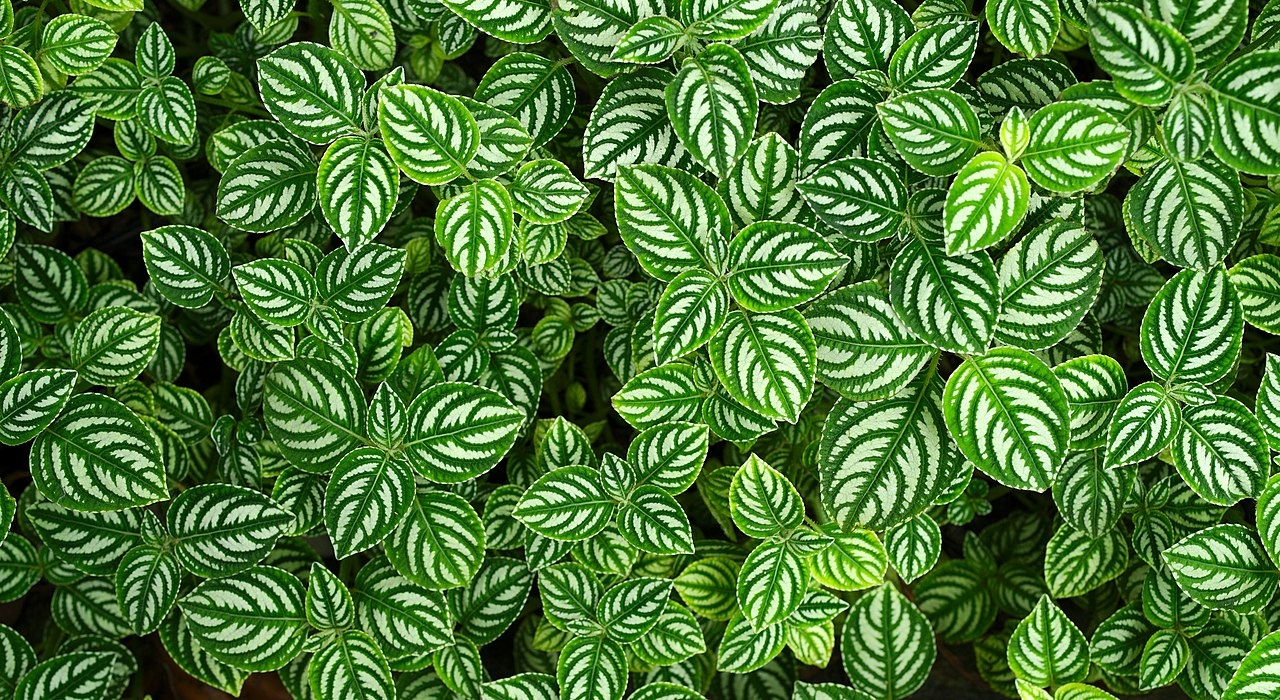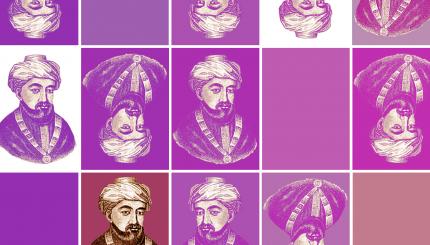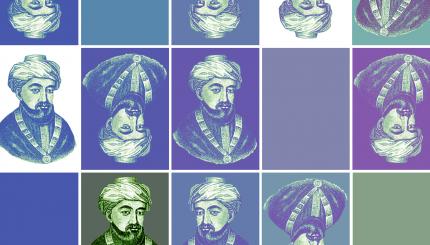Leaves fade, leaves wither and fall. Unlike flowers whose blossoms are always so short-lived, leaves teach us of the cycle of nature and the cycle of life. We see ourselves in the growth from the tender bud, to the small but rapidly growing leaflet, to the mature and robust leaf, and inevitably, to the fading, drying, and falling leaf.
The poetic souls who composed Judaism’s sacred texts used the leaf as a powerful metaphor for both the fragility and the durability of the force of life. The first mention of a leaf in the Bible is the “olive leaf freshly plucked” (Genesis 8:11) in the beak of the dove returning to the after the flood. The image of the durable olive, whose leaves “do not fall off, either in the heat of the summer or the rains of the winter” (Numbers Rabbah 8:9) is, perhaps, even more striking than that of the dove who bore its leaf back to Noah. The flood destroyed all life, but somehow, the olive tree remained alive. For the rabbis, the olive leaves represent the enduring generations of Jews, and in particular, the descendants of righteous Jews-by-choice whose seed “shall endure forever” (ibid.).
The psalmist compares one who meditates on and lives righteously to a tree planted by the water “whose leaves do not wither” (Psalms 1:3). The prophet Jeremiah repeats the image and applies it to one who trusts in God; his leaves will be a luxuriant green, free of anxiety over a coming dry season (Jeremiah 17:8). The prophet Ezekiel extends this image in his vision of a messianic future; then, trees will bear fruit every month and the leaves will not whither, “their fruit shall be for food, and their leaves for healing” (Ezekiel 47:12).

Help us keep Jewish knowledge accessible to millions of people around the world.
Your donation to My Jewish Learning fuels endless journeys of Jewish discovery. With your help, My Jewish Learning can continue to provide nonstop opportunities for learning, connection and growth.
The leaf that does not fade and does not fall is an image of the ideal and the enduring in Jewish consciousness, but most leaves do wither and die. The leaf represents not just the inevitability of frailty and death, but also, as the leaf drifts on the wind, to the pitiful state of being subject to the whims of the more powerful. Job puts it most poignantly in his harsh, accusing rhetoric; “Will you break a leaf driven to and fro? And will you pursue the dry stubble?” (Job 13:25). The Torah preserves a curse that should Israel abandon the covenant, they will become faint of heart so that the mere sound of rustling leaves will induce a state of terror (Leviticus 26:36). In an apocalyptic vision, sin will cause all to fade as a leaf and be carried away on the wind (Isaiah 64:5).
Perhaps because of these associations, the leaves of the forest and the meadow are seen in sources as endowed with a spirituality of their own. Rabbi Nachman of Bratzlav encouraged people to follow the model of the patriarch Isaac who “went out into the field to pray toward evening” (Genesis 24:43). Nachman asserts that when one prays in the field, “the entire plant world comes to your aid and lends strength to your prayers” (Likutei Moharan, Tanina 11). The psalmist describes the comfort provided by leaves through their shade as Divine protection. “The Lord is your keeper; the Lord is your shade upon your right hand” (Psalms 121:5).



